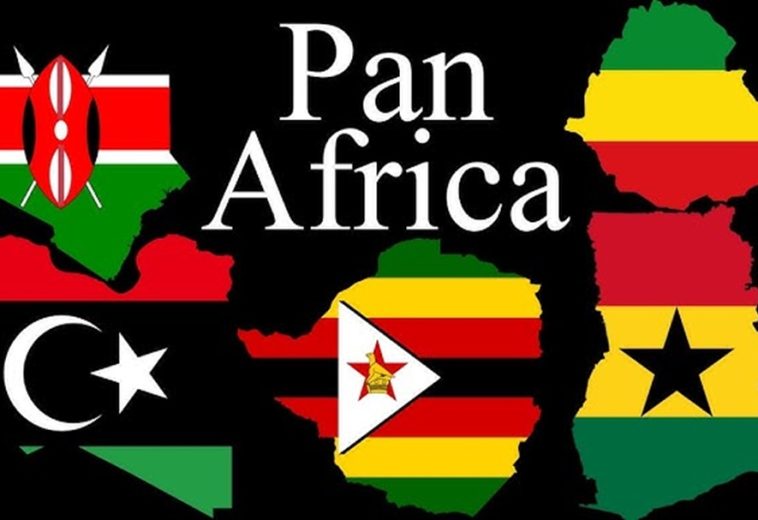The Middle East has long been a stage for simmering tensions that occasionally erupt into devastating conflicts. Amidst this turmoil, Egypt has emerged as a stabilising force, leveraging its historical, geopolitical, and diplomatic strengths to mediate peace in one of the world’s most volatile regions. Egypt’s leadership in the 2024 Middle East peace talks has underscored its indispensable role as a mediator.
For decades, Egypt has been synonymous with diplomacy in the Middle East. Its role in the 1978 Camp David Accords remains a landmark achievement in global peacemaking, resulting in the first peace treaty between Israel and an Arab state. This milestone cemented Egypt as a trusted intermediary between adversaries. Today, Cairo continues to lead in mediation, deftly navigating disputes in Gaza and broader regional conflicts.
READ ALSO: Middle East Conflicts and Global Oil Prices: Analysing Recent Market Trends
Recent Mediation Efforts
2024 Gaza Ceasefire
Amid renewed hostilities in Gaza, Egypt has reprised its role as a mediator. Hosting multiple rounds of ceasefire negotiations, it successfully brokered temporary truces, facilitated humanitarian aid corridors, and mitigated civilian casualties. Egypt’s geographical proximity and enduring relationships with both Israel and Palestinian factions uniquely position it for this role.
2021 Gaza Ceasefire
In 2021, Egypt’s diplomacy ended an 11-day conflict between Israel and Hamas. By leveraging ties with the United States and Palestinian factions, Egypt restored temporary calm. Though such ceasefires are often fragile, these interventions illustrate Egypt’s capacity to provide immediate relief in volatile situations.
The agreements enabled the delivery of humanitarian aid into Gaza, reopened communication channels between Israel and Palestinian factions, and temporarily stabilised the region, preventing further casualties and creating a brief window for peace.
Geography and Diplomacy Intersect
Straddling the crossroads of Africa and the Middle East, Egypt’s geographical location enhances its influence in regional conflicts. The Suez Canal, a vital global trade route, along with its proximity to Gaza, Libya, and Sudan, grants Egypt strategic importance and a responsibility to uphold regional stability.
Egypt’s success as a mediator also stems from its partnerships with global powers. Collaborations with the United States, European Union, and the United Nations amplify its diplomatic efforts. These alliances provide financial and logistical support while enhancing Egypt’s credibility on the international stage.
For example, during the ongoing Middle East crisis, Egypt has worked closely with international organisations to implement ceasefires and monitor violations. Such partnerships underscore Egypt’s pivotal role in the global quest for peace in the region.
Lessons from Past Successes
Since the early 2000s, Egypt has persistently mediated between Palestinian factions Fatah and Hamas. The 2011 Cairo Agreement, among other initiatives, demonstrated its commitment to unifying Palestinian leadership. Although full reconciliation remains elusive, Egypt’s interventions have fostered periods of cooperation, sustaining hope for a unified Palestinian state.
During the 2006 Israel-Hezbollah war, Egypt facilitated humanitarian aid corridors and lobbied for a unified Arab League response, highlighting its ability to navigate complex alliances.
Beyond the Middle East, Egypt’s mediation in Sudan, particularly during the Darfur conflict, exemplifies its broader peacebuilding role in Africa. Hosting peace talks in Cairo, Egypt bolstered the African Union’s stabilisation efforts, showcasing its versatility as a mediator.
A Tightrope Walk
Navigating Middle Eastern diplomacy is akin to threading a needle in a sandstorm. Egypt must carefully manage relationships with conflicting parties, such as Hamas and Israel, while maintaining its neutrality. Balancing international expectations with regional priorities adds further complexity.
Despite these challenges, Egypt has achieved significant milestones in recent years. By fostering dialogue, maintaining communication channels, and providing humanitarian support, it has demonstrated that even modest diplomatic victories can yield profound ripple effects.
As conflicts in the Middle East persist, Egypt’s mediatory role is expected to expand. Analysts predict that Cairo will continue to lead peace initiatives, leveraging its influence to promote stability across the region. With growing global recognition of its efforts, Egypt is poised to strengthen its status as a regional powerhouse and a model of diplomacy in an increasingly divided world.
In an era where conflict often overshadows dialogue, Egypt’s role as a “Broker of Peace” serves as a beacon of hope. By mediating with skill and empathy, Egypt has shown that even in the harshest deserts, seeds of peace can take root.




